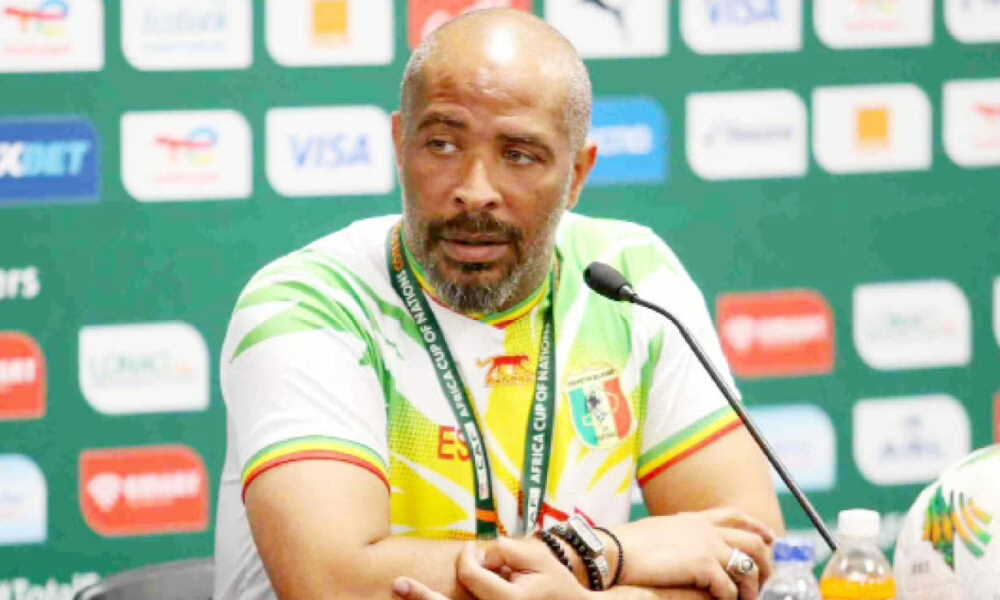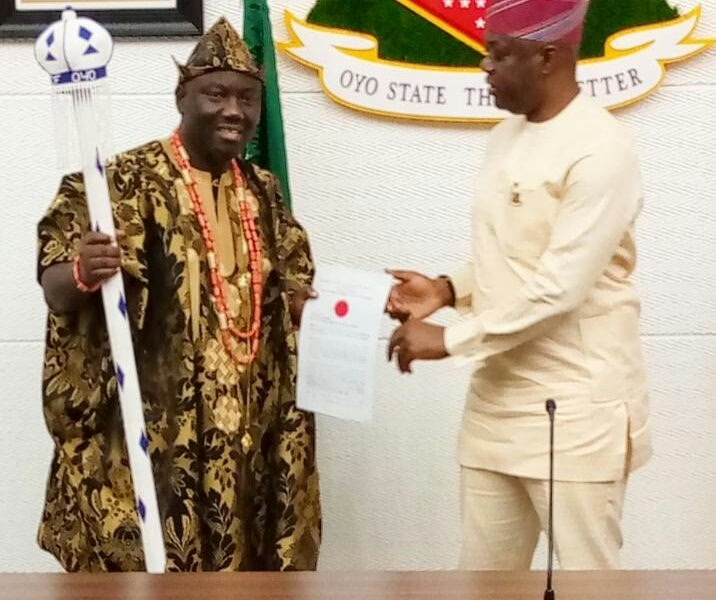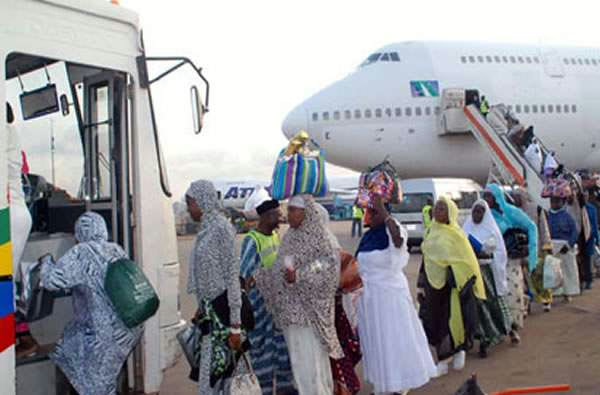Bad birthday gift I received
University of Ibadan gate
Birthdays are momentous occasions in which we celebrate the survival of another trip around the sun and look forward to the adventures that lie ahead.
They are days to celebrate, reflect on our accomplishments, pause and take stock of where we are in our journey of life as well as where we want to go next.
Such a day brings a sense of community and connections as we receive gifts and felicitations from family members, friends, well-wishers and admirers.
This was exactly what I savoured on September 15, 2024, the anniversary of my birth. It was awesome. Like bees bombilating around the hive, my phones were buzzing, with various goodwill messages, prayers and felicitations bombarding me.
I was overwhelmed. Gifts of various shapes and forms were not left behind. The subtext here is that it is good to be good to people. People made references to such trivial things I did for them. Some said I usually celebrate them while not a few confessed that they loved my writing style.
I was enjoying the momentum, with every sense of accomplishment and satisfaction when my boy, Victor, called to present another gift. This time, a bad gift. “Daddy”, he called on the phone. “Yes”, I answered, wondering why he was calling me on the phone when he knew I was around.
“They have stolen the car battery again.” “Again? Which of the vehicles?”, I didn’t wait for his response before I jumped out to know what happened. Alas! The campus thieves have struck again.
They had removed a newly bought car battery from our Toyota Camry; right in front of the security post in Philipson, University of Ibadan. This was the second time in three months.
Shattered, I was flummoxed and speechless. I checked around, but no single security officer was in sight. As a tieback, on June 17, 2024, this same car was burgled with the battery taken away.
That day, two car batteries including my neighbour’s, were stolen. Ironically, our block of flats is just a stone’s throw from the security post. After ranting and raving in helplessness, I devised a seemingly more secure strategy.
I decided to stop parking at our designated garage; I began to park right in front of the security post where they sit every day and night. But the strategy failed as the bandits stole my car battery again.
Frustrated, I informed the Vice Chancellor, Prof. Kayode Adebowale, who promptly directed the Chief Security Officer, Mr Victor Fadebiyi, to take over the case.
Delivering the VC’s message, however, Mr Fadebiyi, who expressed shock and sadness over my plight, provided rich and revealing multidimensional perspectives on the security challenges on campus.
All his submissions underlined poor funding of the university system in Nigeria. According to the CSO who did not excuse the culpability of his men, “Before, the university used to give us enough fuel to patrol the campus at night. Today, we cannot do adequate patrol because there isn’t enough fuel. Light on campus has to be rationed because there is no money to buy diesel.”
More poignantly, the CSO lamented the shortage of manpower. In his words, “Many security men have retired, some have travelled out, yet, the government does not allow us to employ fresh hands to replace the depleting workforce.
I have just told the VC that if the government fails to quickly address these issues, the system may collapse sooner than later.” Mr Fadebiyi, thereafter, turned to the security men on duty and chastised them for the negligence of duty, saying, “If you don’t get those behind these thefts, you are not exonerated from the crime. How do you explain to people that a car battery was stolen right in front of the security post? What kind of security are you providing? I can assure you that those on duty that day will face a disciplinary committee.”
Indeed, the CSO’s admonition offers strength in distress, but it does not buy back my battery. I have suffered so many economic losses on this campus in recent times. On August 12, 2024, my boy’s laptop worth N300,000 was stolen in his car around the Student’s Union Building.
I have not recovered from the pain of replacing the laptop. With the increase in school fees, I have over N1m to pay for four students whose education I sponsor. I am still looking for money to buy books at ISI. How much is my salary? For some miscreants to come and be burgling my cars regularly amounts to creating hell for me on earth.
Without any attempt at denting the image of the university, there is no controverting the fact that stealing on campus is becoming far too frequent. So many people have different tales of woes in this regard.
Around Philipson, Benue Road, and Imo Street, more than 20 car batteries have been stolen recently. Yet there hasn’t been any major arrest of the culprits. Security architecture in the university needs to be reviewed and recalibrated.
However, to my mind, there is a nexus between the current economic situation in the country and the rate of crime on campus. Since the university is the microcosm of the Nigerian society, whatever happens on campus is a reflection of the happenings in town.
Recent government policies have sunk the country into renegade conditions and perpetual impoverishment. The government has created a cost-of-living crisis. Workers’ wages are wretched and their payment is a pittance in the face of hyperinflation.
People live from paycheck to paycheck. Almost everyone is perpetually impecunious. Consequently, the attrition rate in the university is mind-boggling as a result of “japa syndrome.”
On account of the government’s policies, however, many people have become paupers, looking for food and fuel to survive. The present scenario is worse than the past. Many workers no longer come to work because they do not have transport fares.
Food and fuel crises are the major issues to contend with. The government has a major role to play in dousing the simmering tension. The effect of these crises is so telling on our university system. We should no longer be euphemistic about the hopelessness of our situation. The fabric of the ivory tower has begun to fray on account of fund paucity. What can the management do without money?
However, I sympathise with both the management team of the University of Ibadan and the students. The current increment in school fees which is generating ripples is a very painful decision the management has had to take because there is no money to run the system.
It is not that the Prof. Adebowale-led management is wicked and insensitive, the point is that reality has dictated the decision. I am equally badly affected by the increase. I have various fees to pay.
On the flip side, while I identify with many students who are finding it difficult to pay the increased fees, I celebrate the creativity of the student union leaders who have decided to assist their colleagues through crowdfunding.
These student leaders deserve commendation for their intellectual sagacity and illuminating innovative capacity. Instead of fighting with the inevitable, they have decided to seek help. I believe with the robust goodwill that UI enjoys all over the world, help will certainly come. I humbly suggest however that the management should look into the possibility of extending the deadline for the payment.
The truth is that university education is expensive. In a previous interview with the immediate past Director General of the Nigerian Institute of Medical Research, Prof Babatunde Salako, the don had hinted that “the fees must be increased if UI is to be ranked among the best in the world.”
Hear Prof Salako, “By now, the first generation universities should have been left alone to fend for themselves because they have got a reputation, and name and they have developed the standard. People who want to go there should be ready to pay.”
Prof Salako added, “University education is almost free here. Universities like UI, UNILAG, and Ife are not universities that just started yesterday. People pay heavily to go to high-brow universities abroad. You want to go to Harvard, IMT, you pay, there is nothing like no tuition fees there.
The government should only be giving small grants to these first-generation universities: UI, UNILAG, ABU, Ilorin, Bayero, and Enugu. You have to pay heavily to go there. They are not cheap. That is how they can be internationalised”
Back to the rate of stealing on campus, poverty in society should not be advanced as a justification for criminality on campus. I could never have imagined that my car battery would be stolen right in front of the security post.
This constitutes a logical nightmare for me. The thievery makes a mess of the wise. It hurts my happiness. Prof Adebowale must ensure that if those behind the theft are caught, they must pay back seven times what they had stolen, even if they have to sell everything in their houses.
That is what the Bible says. I believe to whatever degree a thief appears elusive, he will surely be caught someday. Those who steal never find true peace!
However, this evil must be decisively and deftly dealt with. Pundits have suggested that the university could employ the services of vigilance groups to complement the existing internal security network.
Those who spoke at the emergency meeting of Phillipson Community urged the management to consider incorporating “OPC and other vigilance groups for night duty only.” But can that guarantee institutional commitment? However, the university is a place of ideas. Let us keep thinking about it. The point is that life and property must be safe on campus.











